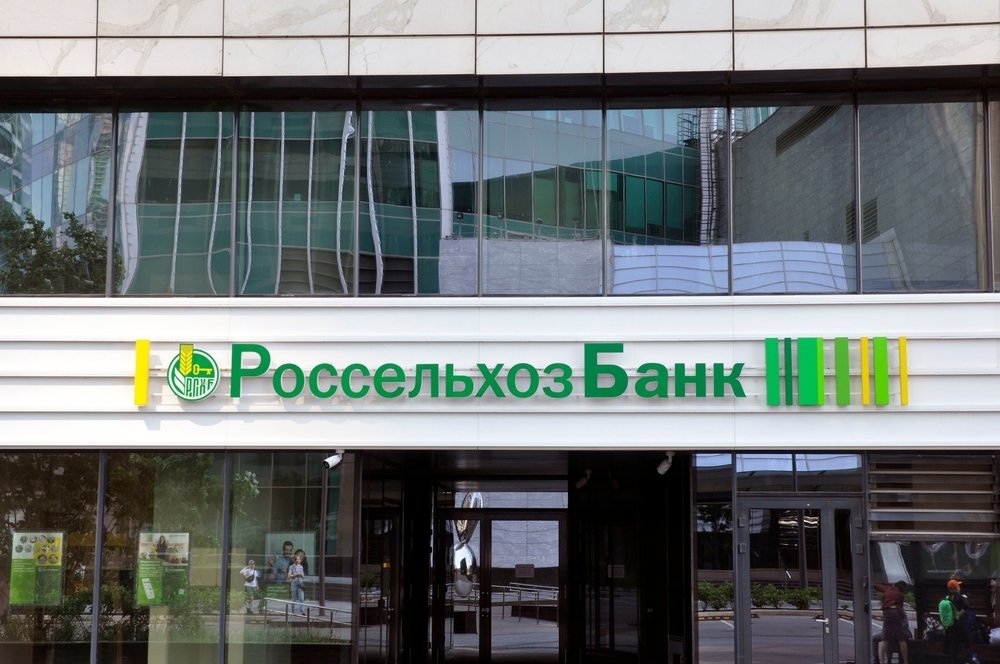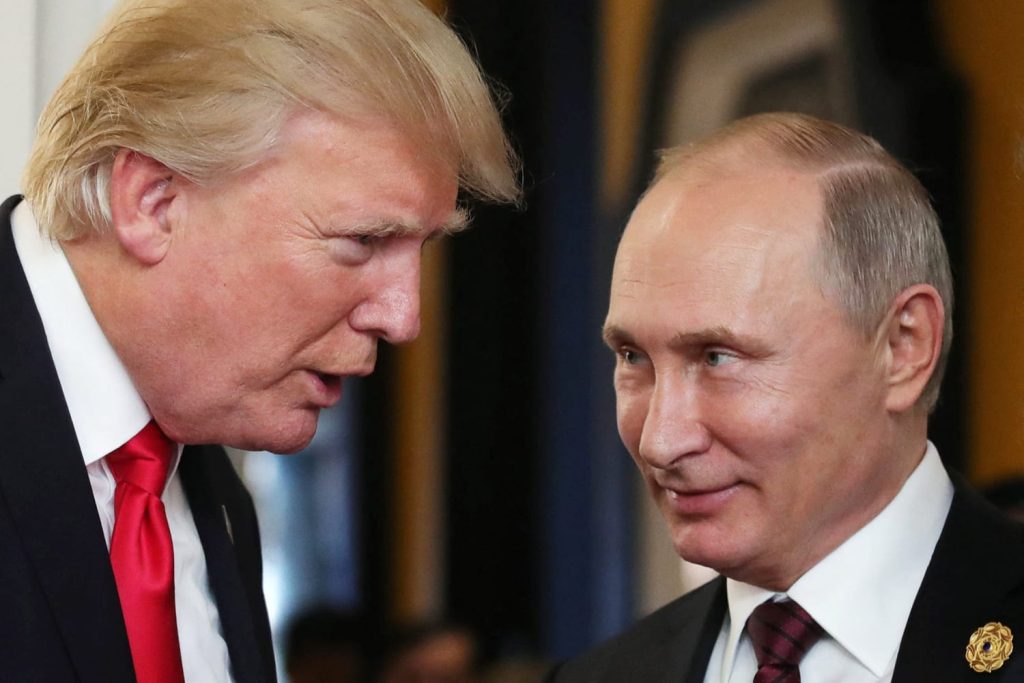The Hidden Impact of SWIFT Sanctions on Global Banking.
How SWIFT Sanctions Are Reshaping Global Finance.
Russia has set a key condition for restoring the Black Sea Initiative: reconnecting President Putin's bank - Rosselkhozbank to SWIFT, a move that falls under EU jurisdiction.
The decision to cut Russian banks off from SWIFT in response to the Ukraine invasion was one of the most severe financial sanctions in history. While it aimed to cripple Russia’s ability to process international payments, the move has triggered far-reaching consequences beyond Russia—impacting global banking, international trade, and financial alliances worldwide.
As nations explore alternative payment systems and shift away from U.S. dollar-dominated financial networks, the question arises: Is the global financial order shifting?

Russian Agricultural Bank, a state-owned institution regulated by the Bank of Russia, provides lending support to Russia’s agribusiness sector.
What is SWIFT and Why Is It So Powerful?
The Society for Worldwide Interbank Financial Telecommunication (SWIFT) is the world’s most widely used financial messaging system, connecting over 11,000 banks in more than 200 countries. It processes trillions of dollars daily, making it the backbone of global trade and banking transactions.
However, SWIFT does not process payments itself. Instead, it acts as a secure communication network, allowing banks to send and receive payment instructions safely. Being removed from SWIFT means a country’s banks struggle to process international transactions, limiting their access to global financial markets.
How Russia and Other Nations Are Circumventing SWIFT Sanctions
Despite Russia’s partial SWIFT ban, its economy and financial sector have adapted. Other nations watching these developments are now exploring alternative financial systems to reduce their dependence on Western-controlled banking networks. Here’s how:
1. Development of Alternative Payment Systems
-
Russia’s SPFS (System for Transfer of Financial Messages) has grown as an internal alternative to SWIFT.
-
China’s CIPS (Cross-Border Interbank Payment System) is becoming a key player in global Yuan-based transactions, facilitating payments without using the U.S. dollar.
-
India and Iran have increased the use of direct rupee-rial settlements, bypassing Western financial restrictions.
2. Shift to Local Currency Trade & Digital Assets
-
Countries like China, India, and Brazil are trading in local currencies instead of relying on the U.S. dollar for international settlements.
-
Cryptocurrencies, blockchain payments, and digital wallets are being explored as alternatives to traditional banking channels.
3. Bilateral Agreements to Replace SWIFT Transactions
-
Russia and China have agreed to settle energy deals in rubles and yuan, reducing their reliance on Western financial institutions.
-
The BRICS nations (Brazil, Russia, India, China, and South Africa) are developing a common payment system to facilitate cross-border transactions outside SWIFT.
The Global Ripple Effect: How SWIFT Sanctions Impact Banks and Trade
1. Increased Banking Costs & Compliance Risks
-
Western banks are now facing higher compliance costs due to sanctions enforcement, leading to longer transaction processing times.
-
Companies that still trade with Russia must navigate complex financial restrictions, making cross-border payments riskier.
2. The Rise of Financial Fragmentation
-
As new payment networks emerge, the dominance of SWIFT and the U.S. dollar in global trade is being challenged.
-
Countries with concerns about U.S. sanctions power may accelerate efforts to create independent financial infrastructures.
3. Energy & Commodity Market Disruptions
-
Russia’s expulsion from SWIFT has forced energy-importing nations to find alternative ways to pay for oil, gas, and agricultural commodities.
-
India and China, for example, have shifted to direct currency settlements for Russian oil rather than relying on dollar-based transactions.
The Future of Global Finance: Is SWIFT Losing Its Grip?
The SWIFT sanctions on Russia have set a precedent, pushing nations to rethink their financial dependencies on Western-led institutions. This raises key questions:
-
Will alternative payment systems weaken SWIFT’s global dominance?
-
Can nations bypass U.S.-controlled financial networks to reduce vulnerability to sanctions?
-
Could the rise of digital currencies accelerate a shift away from SWIFT-based transactions?
The New Global Financial Landscape
While SWIFT remains a cornerstone of global banking, its role is being challenged by geopolitical tensions, sanctions, and emerging financial alternatives. The decision to remove Russia from SWIFT has accelerated efforts to build parallel financial systems, potentially reshaping global trade for decades to come.
As alternative banking networks, digital assets, and currency settlements gain traction, the world is moving towards a more fragmented financial system, where economic sanctions may become less effective as a geopolitical tool.





















